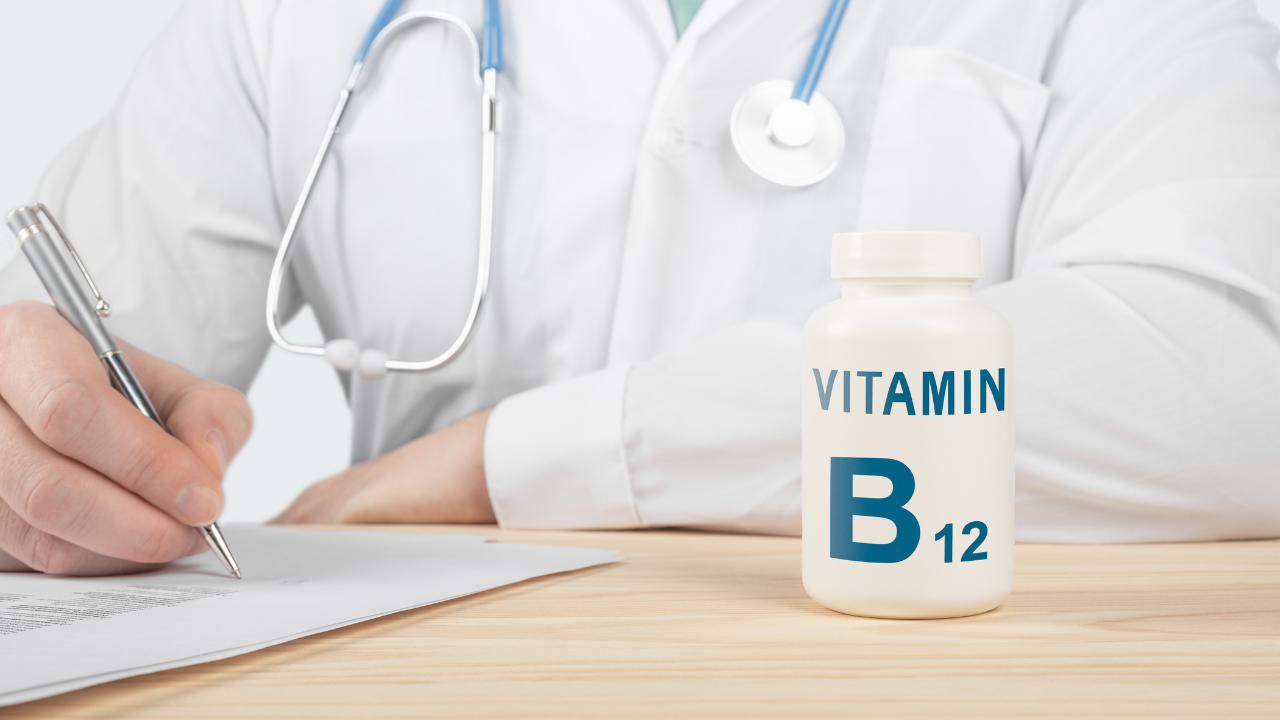Cobalamin is another name for vitamin B12, a nutrient necessary for the production of red blood cells, the production of DNA, and maintaining nerve function. The human body cannot produce this vitamin, but it can be obtained through food and supplements. It is recommended that you consume at least 2.4 micrograms of vitamin B12 per day. Here are five dietary suggestions that can help you naturally boost your vitamin B12 levels.
Eat more animal products
Vitamin B12 is found primarily in animal foods. By incorporating a variety of foods into your diet, you can significantly increase your vitamin B12 intake. Foods such as chicken, fish, eggs, and dairy products are rich in this important nutrient. According to a study published in the American Journal of Clinical Nutrition, regular consumption of these animal foods helps maintain adequate vitamin B12 levels in the body.
Choose fortified foods
Fortified foods are a good source of vitamin B12 for vegetarians and vegans. Many plant-based milks, breakfast cereals, and nutritional yeast are fortified with vitamin B12. A study by the National Institutes of Health found that people who regularly consume fortified foods have higher vitamin B12 levels than those who do not. When choosing fortified foods, read the label carefully to make sure they contain adequate amounts of vitamin B12.
Eat more organ meats
Organ meats like liver and kidney are incredibly nutritious, especially when it comes to vitamin B12. Lamb’s liver, for example, provides over 3000% of your daily requirement per serving. A study in the Journal of Nutrition suggests that consuming organ meats could be an effective strategy to increase your B12 intake, especially for people with a vitamin B12 deficiency.
Take supplements wisely
For older adults and those with absorption problems, diet alone may not be enough to meet your vitamin B12 needs. In such cases, B12 supplements can be very helpful. According to a study from the University of Maryland Medical Center, B12 supplements can effectively boost B12 levels and help prevent deficiency. Before starting a supplement regimen, consult with your doctor to determine the appropriate dosage.
Fermented foods are the savior
Fermented foods such as paneer, dosa and idli can also help you get vitamin B12. These foods are produced through a process involving bacteria, some of which can produce vitamin B12. A study published in the journal Nutrients highlights the potential of fermented foods to provide bioavailable vitamin B12, although levels can vary widely.
Eat more animal products
Expanding
Vitamin B12 is found primarily in animal foods. By incorporating a variety of foods into your diet, you can significantly increase your vitamin B12 intake. Foods such as chicken, fish, eggs, and dairy products are rich in this important nutrient. According to a study published in the American Journal of Clinical Nutrition, regular consumption of these animal foods helps maintain adequate vitamin B12 levels in the body.
Expanding
Choose fortified foods
Fortified foods are a good source of vitamin B12 for vegetarians and vegans. Many plant-based milks, breakfast cereals, and nutritional yeast are fortified with vitamin B12. A study by the National Institutes of Health found that people who regularly consume fortified foods have higher vitamin B12 levels than those who do not. When choosing fortified foods, read the label carefully to make sure they contain adequate amounts of vitamin B12.
Eat more organ meats
Organ meats like liver and kidney are incredibly nutritious, especially when it comes to vitamin B12. Lamb’s liver, for example, provides over 3000% of your daily requirement per serving. A study in the Journal of Nutrition suggests that consuming organ meats could be an effective strategy to increase your B12 intake, especially for people with a vitamin B12 deficiency.
Take supplements wisely
For older adults and those with absorption problems, diet alone may not be enough to meet your vitamin B12 needs. In such cases, B12 supplements can be very helpful. According to a study from the University of Maryland Medical Center, B12 supplements can effectively boost B12 levels and help prevent deficiency. Before starting a supplement regimen, consult with your doctor to determine the appropriate dosage.
Fermented foods are the savior
Fermented foods such as paneer, dosa and idli can also help you get vitamin B12. These foods are produced through a process involving bacteria, some of which can produce vitamin B12. A study published in the journal Nutrients highlights the potential of fermented foods to provide bioavailable vitamin B12, although levels can vary widely.

